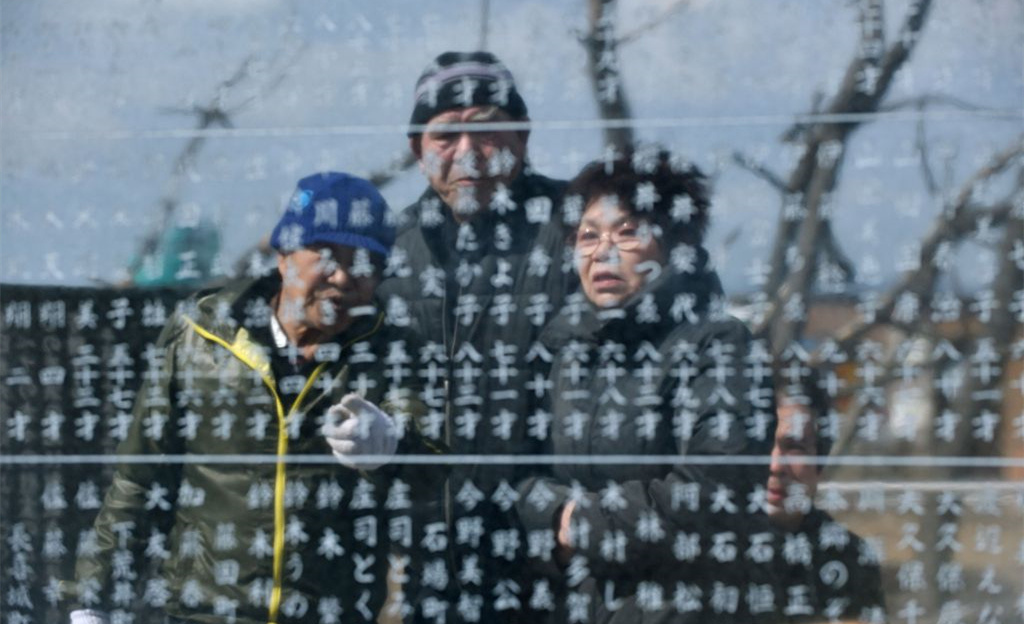Sendai Framework 7th anniversary: Disasters do not need to devastate — 2022 is a year to change course

GENEVA, 18 March 2022 — Disasters are rapidly increasing around the globe and the world is not on track to meet its commitments as set out in the 2015 Sendai Framework by 2030. The evidence shows beyond any dispute that disaster risk reduction and climate adaptation work, but must be dramatically scaled up.
That was the verdict delivered today by the UN Secretary-General’s Special Representative for Disaster Risk Reduction, Mami Mizutori, in a statement to mark seven years of the Sendai Framework for Disaster Risk Reduction (2015-2030), the global plan adopted by UN Member States to reduce disaster risk and disaster losses on 18 March 2015 in the city of Sendai, Japan, which is now assessing the damage after a powerful magnitude 7.4 quake struck off the east coast two days ago.
“As we mark the 7th anniversary of the adoption of the Sendai Framework, it is time to recognize that the world is way off track to meet its commitments. Based on current trends, a record increase in medium and large-scale disasters is expected with droughts doubling, and extreme temperature events almost tripling to 2030. The IPCC Working Group II Report issued earlier this month was yet another wake-up call. The report showed the devastating impacts of climate disasters are affecting every part of the world with almost half the human population - 3.3 billion people - already in the danger zone.
The year 2022 is a pivotal year for accelerating action and investment needed to save lives and protect development. Leaders will gather at the Global Platform for Disaster Risk Reduction in Bali, Indonesia this May, organised by the UN and hosted by Indonesia, to discuss how to accelerate action for reducing these risks. It is an opportunity to set out actionable commitments to change course. The Global Platform feeds into the Midterm Review of the Sendai Framework currently underway, culminating in 2023.
COP 27 in Sharm el-Sheikh will also be crucial for advancing risk and resilience. A key area is financing - the world’s most vulnerable countries urgently need investment in climate action, disaster prevention and disaster risk reduction.
This year is a real opportunity to re-set priorities and act decisively. Our development choices can lead us to two paths — the path of increased risk or the path of resilience. The choice is ours.”
Source:United Nations Office for Disaster Risk Reduction






